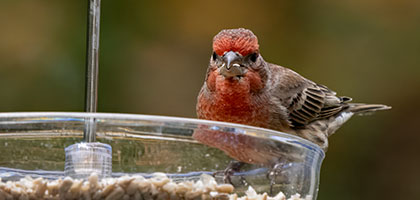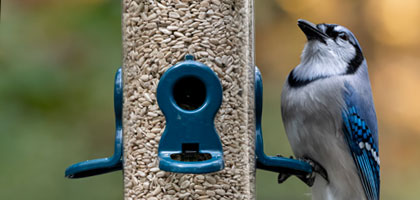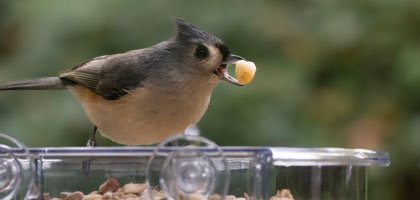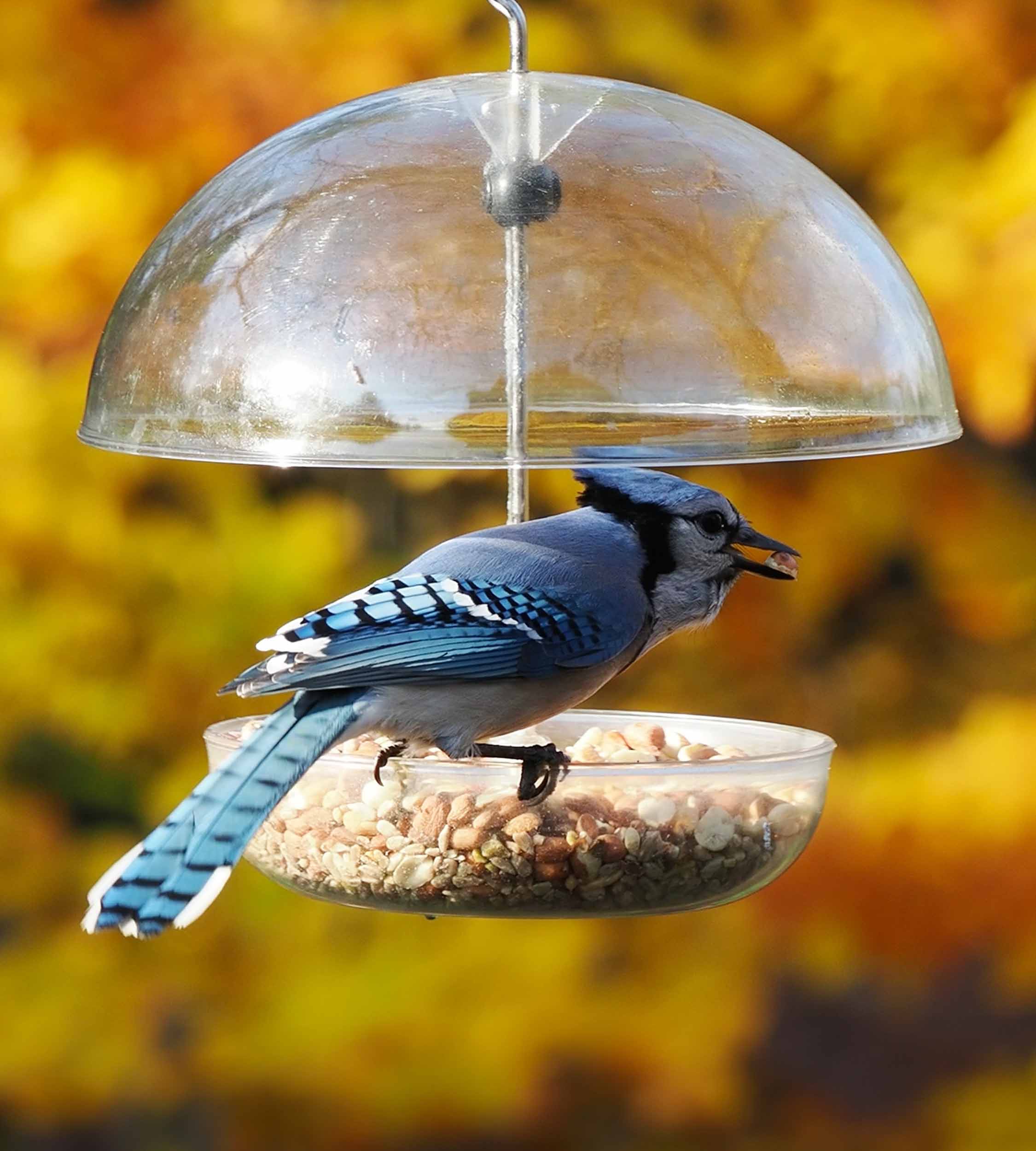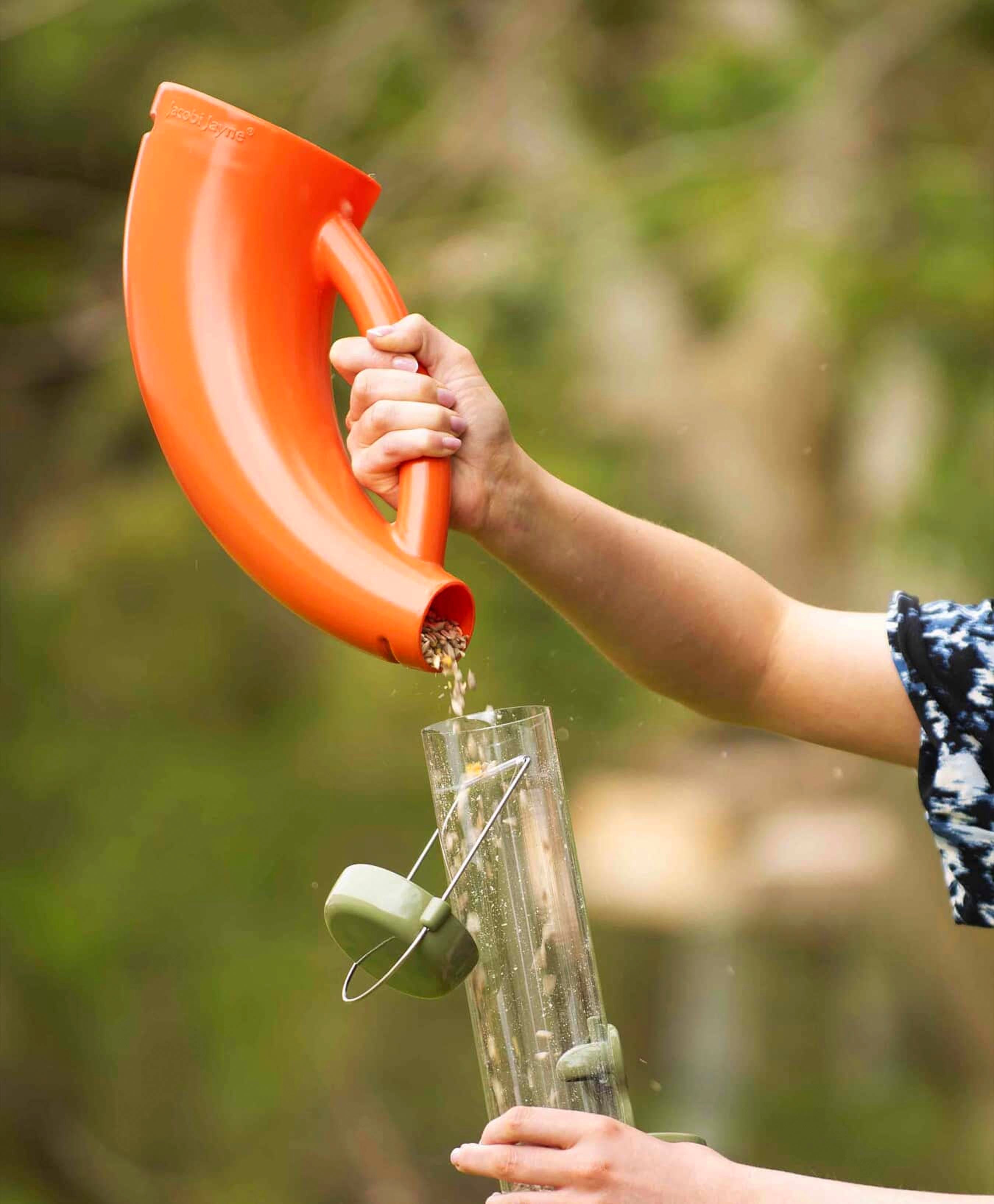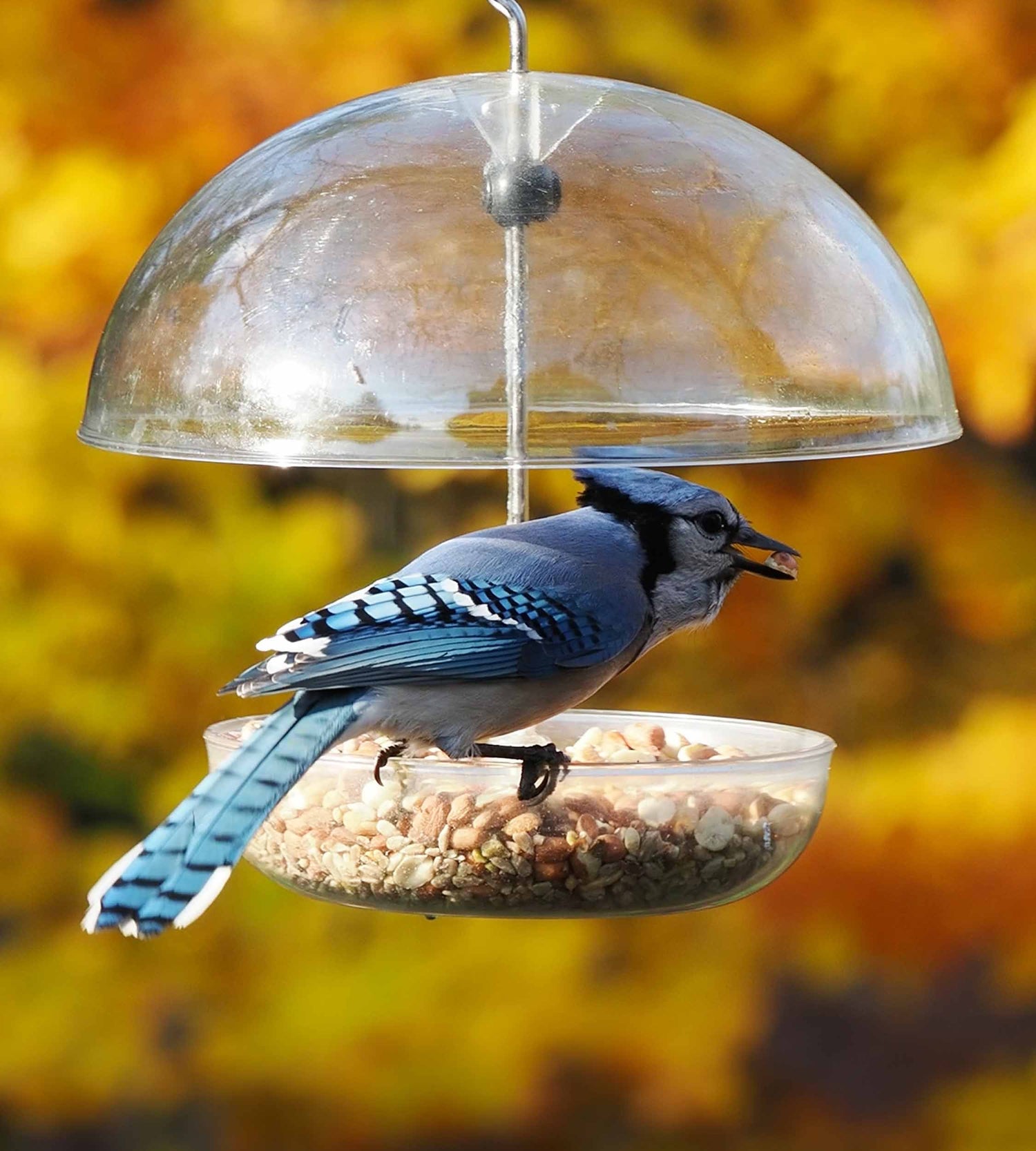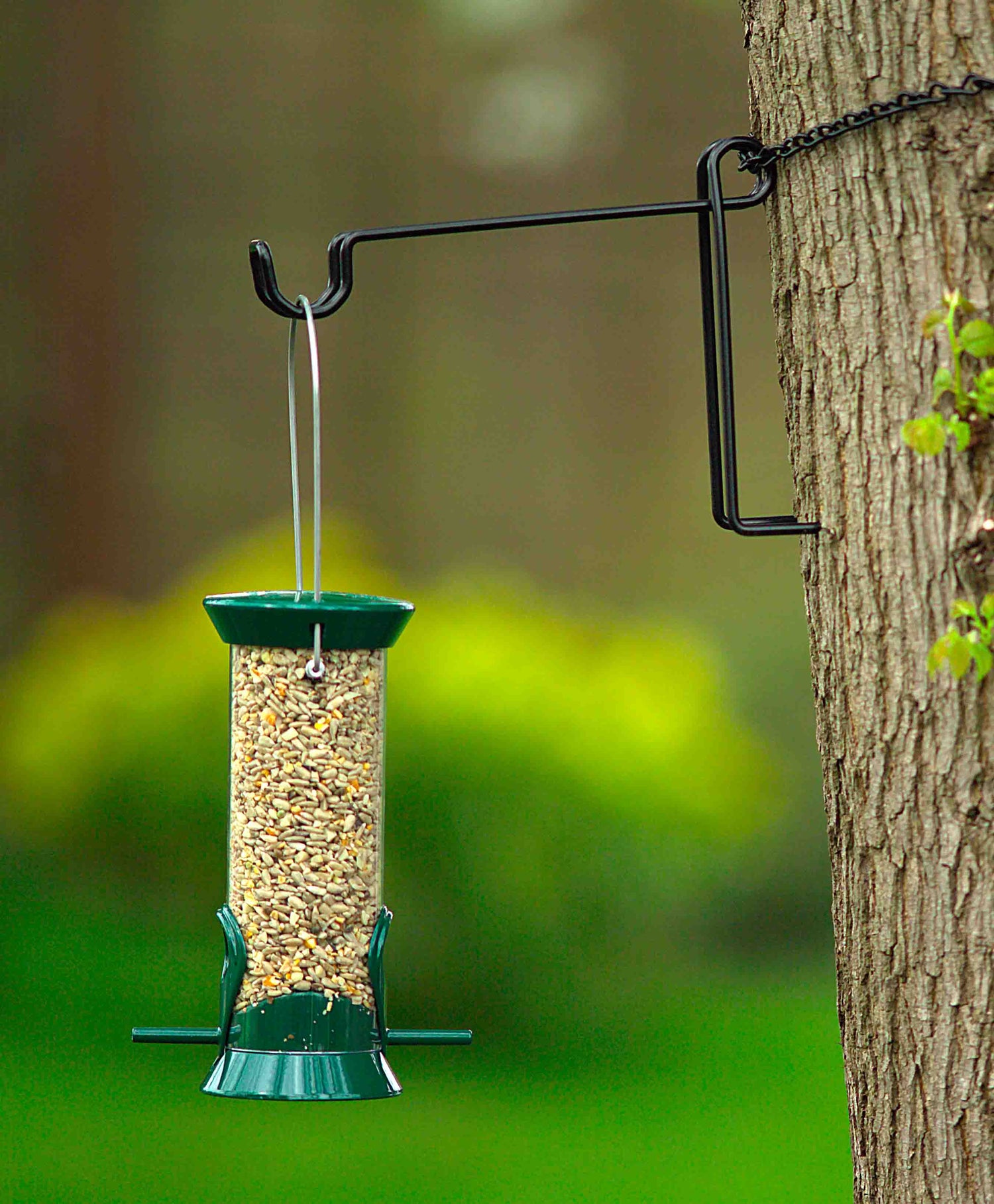Parakeets are popular pets known for their vibrant colors and playful nature. They require a balanced diet to maintain their health and vitality.
But what happens when their diet includes wild bird food?
This article explores the question, “Can parakeets eat wild bird food?” We delve into the dietary needs of parakeets and how wild bird food fits into their nutrition.
We’ll discuss the risks and benefits of various bird foods, from suet cakes and peanuts to fresh fruits and seeds.
By the end, you’ll have a comprehensive understanding of what to feed your parakeet and how to ensure they’re getting the right nutrients.
Let’s dive in.
Understanding Parakeet Dietary Needs
Parakeets have specific dietary needs distinct from those of wild birds. They thrive on a balanced diet primarily composed of quality parakeet food. This usually includes pellets designed to provide essential nutrients.
In addition to pellets, fresh fruits and vegetables are crucial for their well-being. These help round out their nutrition by providing vitamins and minerals. Parakeets occasionally enjoy small treats, but moderation is key to preventing obesity and ensuring they stay healthy. Regularly consulting a veterinarian can offer personalized advice for an optimal diet.
The Risks of Feeding Parakeets Wild Bird Food
Feeding parakeets wild bird food might seem convenient, but it presents various dangers. Wild bird feed is often formulated for larger birds with different nutritional needs. These mixes may include seeds and nuts unsuitable for parakeets.
There are also potential toxins in wild bird food to consider. Peanuts, for instance, can carry aflatoxins, which are harmful to parakeets. Moreover, some wild bird food may contain fillers that offer little nutritional value to your pet bird.
Offering the wrong food can lead to serious health issues in parakeets. Inappropriate nutritional content and high-fat ingredients can negatively affect their health. When choosing foods, it’s essential to be aware of the following hazards:
• Peanuts and nuts posing choking risks
• Suet cakes and suet balls high in fat
• Sunflower seeds contributing to weight gain if overconsumed
Providing a parakeet-appropriate diet ensures your pet bird receives the nutrients it requires.
Safe and Nutritious Alternatives to Wild Bird Food
When feeding parakeets, prioritizing their health and nutrition is key. Parakeet-specific food options offer balanced nutrition without the risks associated with wild bird mixes. Commercial parakeet pellets are a great foundation for their diet.
Beyond pellets, there are many nutritious treats you can offer. Fresh fruits and vegetables add variety and essential vitamins to your parakeet’s diet. Always opt for organic and thoroughly washed produce to remove any harmful residues.
To enrich their diet, consider incorporating these alternatives:
• Parakeet-formulated seed mixes
• Small portions of cooked grains like quinoa or oats
• Fresh leafy greens such as kale or spinach
• Chopped fruits like apples and berries
• Occasional boiled eggs for protein
These choices ensure your parakeet receives a well-rounded diet without exposure to potentially hazardous ingredients found in wild bird food. Striving for a diverse dietary menu helps maintain their vibrant feathers and lively energy.
The Role of Seeds in a Parakeet’s Diet
Seeds play an important part in a parakeet’s diet but should not be their only food source. While parakeets enjoy seeds like sunflower and millet, these are high in fat and should be given in moderation. An over-reliance on seeds can lead to obesity and nutrient deficiencies.
To ensure proper nutrition, it’s best to offer seeds as a portion of a varied diet. Combine seeds with pellets and fresh produce for balanced nourishment. Variety is essential; supplementing seeds with other food helps meet their nutritional needs and supports their health. Always choose high-quality, unsprayed seed mixes designed for parakeets to avoid unnecessary risks.
Incorporating Fresh Fruits and Vegetables
Fresh fruits and vegetables are vital in crafting a balanced diet for your parakeet. They provide essential vitamins, minerals, and hydration, promoting overall health. Aim to offer a colorful variety of produce, such as apples, carrots, and broccoli, to keep things interesting and nutritious.
It’s important to thoroughly wash and cut fruits and vegetables into small pieces before serving. Regularly rotating the types of produce offered can maintain a varied and engaging diet. Always observe your parakeet’s preferences and allergies to ensure they are enjoying a safe and healthy selection of foods.
The Truth About Suet and Other Fatty Foods
Suet cakes and similar fatty foods are generally not suitable for parakeets. These high-energy foods are designed for wild birds, like woodpeckers, that need extra calories. Parakeets, however, do not require such rich sources of fat and can become overweight if these foods are consumed regularly.
Excessive fat can lead to serious health issues in parakeets, including liver disease and obesity. It’s essential to avoid offering suet balls, suet pellets, and other high-fat treats. Instead, focus on a balanced diet that includes low-fat parakeet treats and seeds specifically formulated for their unique dietary needs.
Feeding Equipment: From Seed Feeders to Suet Cages
Choosing the right feeding equipment for your parakeet can make a big difference in their eating habits. Seed feeders are a popular choice due to their ease of use and ability to control portions. However, it’s crucial to ensure the feeders are regularly cleaned to prevent disease spread among your birds.
While suet cages are more common for wild birds, you might consider using a small bird feeder for parakeets. Caged or squirrel-proof feeders are ideal for keeping unwanted visitors like squirrels and raccoons at bay. Always ensure any feeder used is safe and easily accessible for your parakeet’s size and feeding style.
Preventing Dietary Issues and Obesity in Parakeets
Maintaining a balanced diet is crucial for preventing dietary issues and obesity in parakeets. Overfeeding is a common problem that can lead to weight gain and related health issues. Always measure food portions and avoid leaving excessive food in feeders.
Incorporate a variety of foods to ensure all nutritional needs are met. Limit high-fat foods like sunflower seeds to prevent overindulgence. Regularly observe your parakeet’s eating habits and weight. Consulting a veterinarian for personalized dietary advice can help you make the best choices for your parakeet’s health.
Common Questions About Parakeet Feeding
Parakeet owners often have many questions about proper feeding practices. Here are some common inquiries:
• What are the best parakeet treats?
• How often should I change their food?
• Can parakeets eat human food?
• What foods should be avoided entirely?
Each question highlights the importance of providing safe and balanced nutrition for parakeets.
Conclusion: Best Practices for Parakeet Feeding
Feeding parakeets requires careful attention to their dietary needs. Prioritize balanced pellets and fresh produce over wild bird feed. Limit high-fat treats like nuts and sunflower seeds. Always provide clean water, observe eating habits, and adjust their diet based on health needs to ensure your parakeet thrives.
